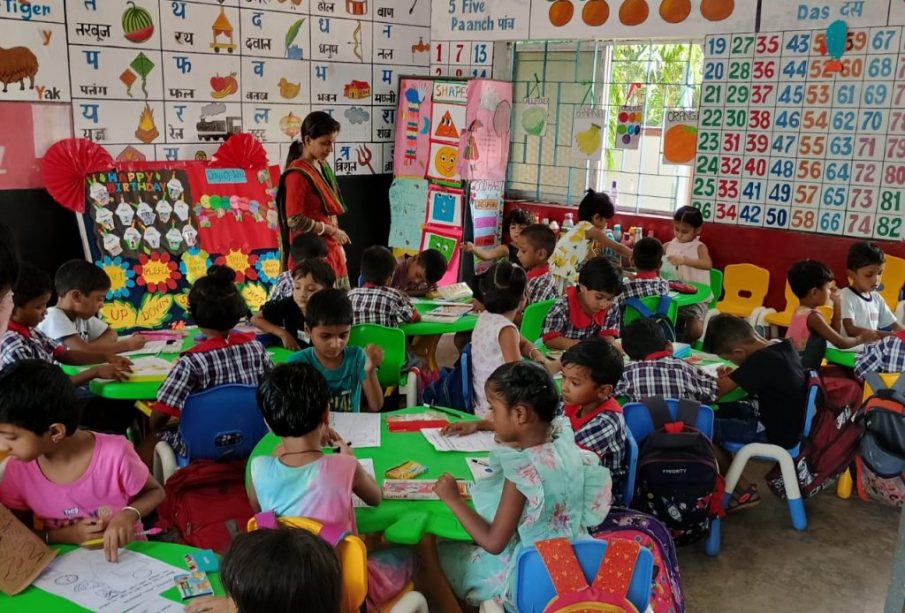Balvatika: Transforming Early Childhood Education in India

Introduction
Balvatika, an initiative launched by the Government of India, aims to revolutionize early childhood education for children aged 3 to 6 years. This program is crucial as it recognizes the importance of foundational learning and development during these formative years. By introducing a structured curriculum that prioritizes play-based and experiential learning, Balvatika addresses the educational needs of young children and positions itself as a model for holistic development.
Features of Balvatika
The Balvatika program focuses on several key components. First, it integrates a comprehensive curriculum that encompasses not only academic knowledge but also life skills, social-emotional learning, and physical well-being. Secondly, Balvatika adopts a child-centered approach, ensuring that each child’s unique learning style and pace are respected. Educators trained under this program are equipped to create an engaging environment that fosters creativity and exploration.
Implementation and Reach
As of October 2023, Balvatika has been implemented in various states across India, bringing together efforts from local governments, educational institutions, and community organizations. Reports indicate that over 1,000 centers have been established, offering access to quality early education for thousands of children. These centers not only provide a learning space but also serve as community hubs promoting parental involvement and awareness regarding early childhood education.
Challenges and Future Prospects
While the Balvatika program has shown promise, challenges remain. Ensuring consistent quality in teaching practices across diverse regions and securing adequate funding are significant hurdles. However, the proactive nature of state governments and the enthusiasm observed from educators indicate a positive trajectory. As more states adopt and refine the Balvatika model, it is likely to evolve into a robust framework that could set standards for early childhood education nationwide.
Conclusion
The significance of Balvatika extends beyond mere education—it represents a foundational shift in how society views early childhood development. By focusing on holistic learning, promoting inclusivity, and involving families, Balvatika is poised to create lasting impacts on future generations of learners. As the initiative continues to expand and adapt, it promises to play a pivotal role in shaping an educated and socially responsible citizenry in India.









